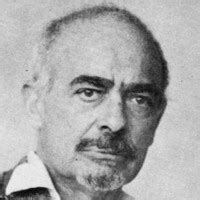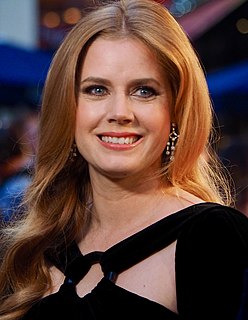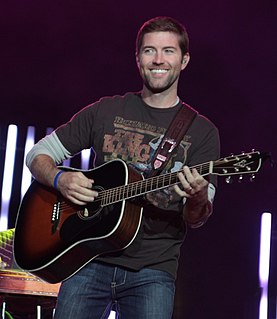A Quote by Barbara Castle
I remember people who'd had a lot of hardship during the war. They'd thought we'd won.
Related Quotes
We have thought of peace as passive and war as the active way of living. The opposite is true. War is not the most strenuous life. It is a kind of rest cure compared to the task of reconciling our differences ... From War to Peace is not from the strenuous to the easy existence; it is from the futile to the effective, from the stagnant to the active, from the destructive to the creative way of life ... The world will be regenerated by the people who rise above these passive ways and heroically seek, by whatever hardship, by whatever toil, the methods by which people can agree.
Once the war began, the government could do anything 'necessary' to win it; so it was with the 'final solution of the Jewish problem,' which the Nazis always talked about but never dared undertake, not even the Nazis, until war and its 'necessities' gave them the knowledge that they could get away with it. The people abroad who thought that war against Hitler would help the Jews were wrong. And the people in Germany who, once the war had begun, still thought of complaining, protesting, resisting, were betting on Germany's losing the war. It was a long bet. Not many made it.
We had people who did housing, people who did anti-war, people who did schools. Everyone operated in their own niche, but not separately. We all were together on certain issues when it was important. Everybody was active in the '60s. I feel that there's a lot of active radical thought today but not much action.
If we [Americans] are a strong people, a united people, why do we always have to hear how great we are? What is this self-love? Where does this come from? It got worse, because after the war we thought we'd won it. That's the first myth. Frankly, Russia won it. The Soviet Union sacrificed far greater form than anyone else to win that war. Secondly, we had the atomic bomb. We should not have dropped it on Japan. We did as an example to the Soviets, not to defeat Japan and to save American lives. These are myths that we explode with a lot of research early on.
You could say I'd rewritten the same novel three times and I thought I had to move on. The success of the book, and then the movie, had by then also created a commercial expectation and I remember touring America and seeing people in the audiences who I thought might not want to read the books I wanted to write next. My constituency had become broader, but more mysterious to me.
But there's a lot of them that had that exact reaction, who had never heard Trump speak before. And I remember when I said this after [Donald] Trump's speech, I had a lot of emails. "Come, Rush! It's not... People aren't that segregated anymore." Don't doubt me on this. The left, you do not know how they sequester themselves.


































